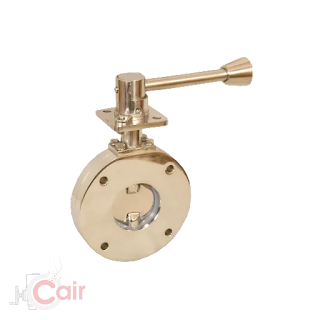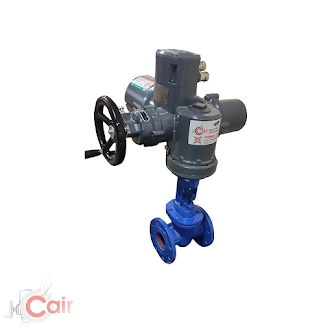Material Selection in Ball Valve Manufacturing: Impact on Performance and Durability
If you've ever wondered about the inner workings of a ball valve, you might be surprised to find that the choice of materials used in its construction plays a pivotal role in its performance and longevity. In the world of industrial engineering, ball valves are crucial components that regulate the flow of liquids and gasses. The process of selecting the right materials for these valves is far from arbitrary – it significantly influences their overall effectiveness, reliability, and lifespan.
Understanding Ball Valves and Their Significance
Exploring the Basics of Ball Valves
Ball valves are mechanical devices commonly used in a variety of industries, including oil and gas, water treatment, and manufacturing. They control the flow of substances by employing a spherical disc (the ball) that pivots within the valve body. When the ball's hole aligns with the pipeline, flow occurs; when the ball is rotated 90 degrees, the hole is perpendicular, shutting off the flow.
Importance of Ball Valves in Industrial Applications
Ball valves are highly regarded for their efficiency, durability, and reliability in various industrial processes. Their ability to handle high pressures, temperatures, and corrosive substances makes them indispensable in critical applications.
Factors Influencing Material Selection
The Role of Materials in Ball Valve Performance
The materials used in ball valve manufacturer significantly impact their performance, maintenance requirements, and overall lifecycle. The right materials enhance reliability and reduce downtime, whereas subpar choices can lead to frequent breakdowns and replacements.
Types of Materials Used
Different materials, such as metals, plastics, and ceramics, are employed based on the intended application of the valve. Each material has unique properties that influence its compatibility with specific operating conditions.
Metal Alloys for Strength and Reliability
Metal alloys like stainless steel, brass, and bronze are often chosen for their strength, corrosion resistance, and durability. These materials are suitable for applications involving high pressures and harsh chemicals.
Plastics for Chemical Resistance
Plastic materials like PVC, CPVC, and PTFE are known for their chemical resistance and cost-effectiveness. They are commonly used in industries where corrosive substances are present.
Ceramics for Extreme Conditions
Ceramic materials offer excellent resistance to abrasion and extreme temperatures, making them ideal for applications involving abrasive media and high temperatures.
Impact of Material Selection on Performance
Durability and Longevity
The choice of materials directly influences the valve's durability and longevity. Well-selected materials can withstand harsh conditions, reducing maintenance needs and extending the valve's lifespan.
Leakage Prevention
The compatibility of materials with the substances they handle is crucial in preventing leaks. Mismatched materials can lead to chemical reactions and degradation, resulting in leaks and potential hazards.
Performance under Pressure and Temperature
Materials with high mechanical strength and thermal stability ensure that the valve can perform optimally under varying pressure and temperature conditions.
Considerations for Optimal Material Selection
Understanding Operating Conditions
To select the right materials, manufacturers must thoroughly understand the operating conditions the valve will be subjected to. This includes factors like pressure, temperature, flow rate, and the nature of the media being transported.
Corrosion Resistance
The susceptibility of materials to corrosion in the presence of aggressive chemicals is a critical factor. Corrosion can weaken the valve structure and lead to premature failure.
Mechanical Properties
Mechanical properties such as hardness, tensile strength, and impact resistance play a pivotal role in determining how well the valve will perform under stress.
Conclusion
In the complex world of industrial valves, material selection is a pivotal decision that directly influences the performance and durability of ball valves. Manufacturers must carefully consider the operating conditions and select materials that can withstand the challenges posed by pressure, temperature, and corrosive substances. A well-chosen material not only enhances the valve's efficiency but also ensures its longevity, reducing maintenance costs and downtime.




Comments
Post a Comment